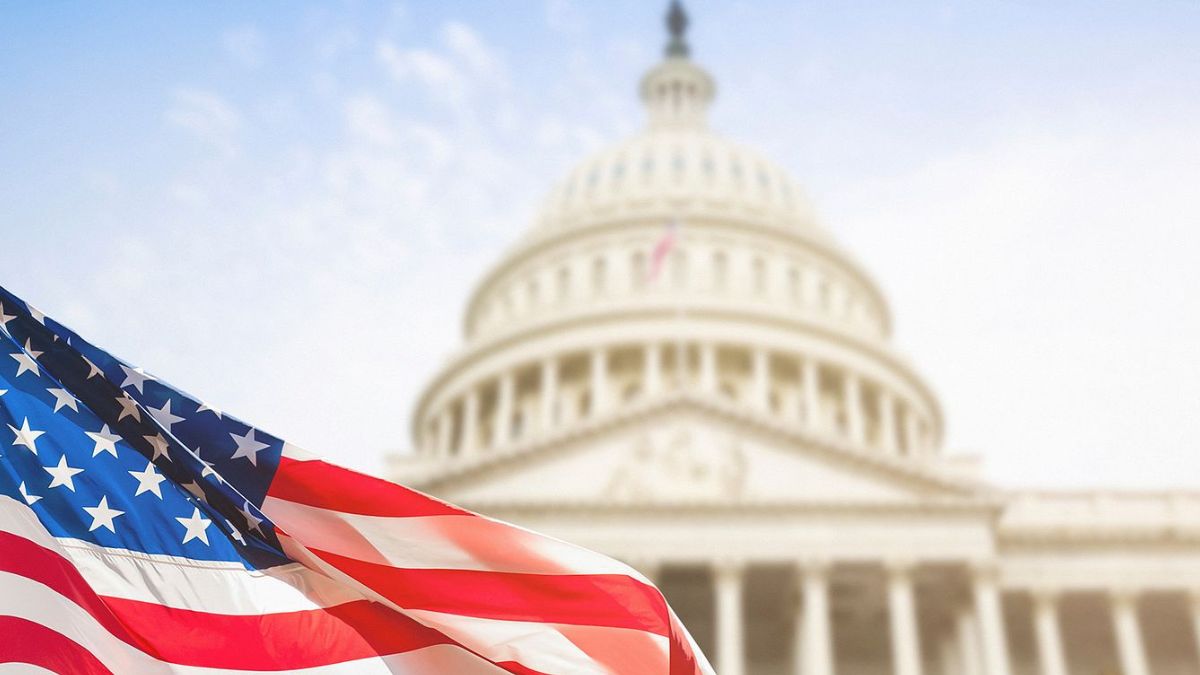The Leaders Summit in December 2022, President Biden’s administration has demonstrated substantial progress in delivering on its ambitious commitments. Celebrating the one-year anniversary of the summit, the White House affirms its unwavering dedication to Africa, showcasing significant achievements across various fronts.
High-Level Engagements:
Throughout 2023, the United States has elevated diplomatic exchanges with Africa, with 17 Cabinet and government leaders visiting 26 countries. Notably, Vice President Harris announced over $8 billion in climate, food security, women’s empowerment, and digital inclusion investments during her visits to Ghana, Tanzania, and Zambia.
Trade and Investment:
The U.S. has facilitated 547 new deals totaling $14.2 billion in two-way trade and investment with African nations, a 60% increase from 2022. Key initiatives include commitments from the International Development Finance Corporation (DFC) and the U.S. Trade and Development Agency (USTDA), fostering infrastructure, job creation, and trade partnerships.
Infrastructure:
President Biden’s $600 billion Partnership for Global Infrastructure and Investment (PGI) focuses on Africa, with over $1.5 billion invested in the Lobito Corridor for transportation, digital access, agriculture, and clean energy projects. The Export-Import Bank (EXIM) authorized $1.6 billion supporting PGI, reaching a historic high exposure of $8 billion in sub-Saharan Africa.
Digital Transformation:
The Digital Transformation with Africa (DTA) initiative aims to boost digital access and commercial engagement. With $82 million invested in digital infrastructure, projects, and programs, the U.S. collaborates with African governments and private sectors, focusing on the Digital Economy and Infrastructure, Human Capital Development, and Digital Enabling Environment.
Food Security:
In response to the ongoing food security crisis, the U.S. has provided over $17.2 billion, launching initiatives like the Vision for Adapted Crops and Soils (VACS) to enhance agricultural productivity and nutrition. The Global Agriculture and Food Security Program (GAFSP) received $155 million to support food systems and smallholder farmers, with plans to mobilize private sector investment.
Diaspora Engagement:
Recognizing the African Diaspora’s strength, the U.S. strengthened cultural, social, political, and economic ties. President Biden announced the President’s Advisory Council on Engaging African Diaspora in the United States (PAC-ADE), aiming to advance equity and opportunity through collaborations in trade, investment, development, and education.
Good Governance and Security:
The U.S. reaffirms its commitment to supporting political transitions through the African Democratic and Political Transitions (ADAPT) initiative. The 21st Century Partnership for African Security (21PAS) earmarks $100 million to enhance defense governance, readiness, and sustainment in partner countries, with plans to expand in 2024.
Health:
Leveraging its status as the largest global health donor, the U.S. collaborates with African countries and international partners to enhance global health security. Notably, the President’s Emergency Plan for AIDS Relief (PEPFAR) supports health workers, contributing to the administration of 128 million COVID-19 vaccine doses in 2023. The U.S. works closely with the Global Fund and WHO to bolster Africa-based diagnostics manufacturers.
This comprehensive engagement underscores the Biden-Harris Administration’s commitment to fostering enduring partnerships and addressing critical challenges across the African continent.



